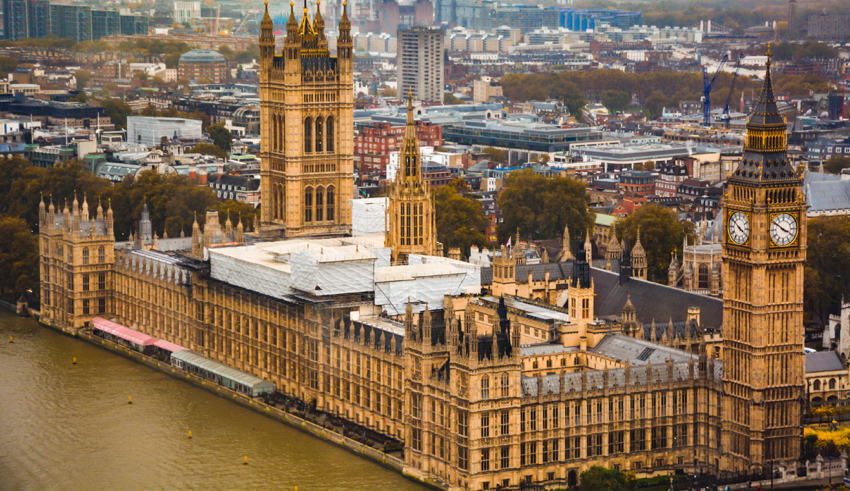PRESS RELEASES | 19/10/2021
Net Zero Strategy: a major opportunity for UK plc

The Aldersgate Group welcomes the publication of the Net Zero Strategy today, highlighting the significant growth and job creation opportunities that a successful transition to net zero emissions could provide to the UK economy. The Group urges Government to build on this progress and rapidly firm up the policy detail that is required for these benefits to materialise in key areas such as energy efficiency, heavy industry, and nature.
Nick Molho, Executive Director at the Aldersgate Group, said: “The evidence is clear that the transition to net zero emissions is a major opportunity to deliver economic growth and trigger job creation in multiple sectors of the economy throughout the country. [1] Whether we achieve this in practice is ultimately down to the decisions we take today, and having a clear policy plan in place is critical. Today’s Net Zero Strategy is an important step forward towards achieving this.
The Strategy sets a clear overall direction for the UK economy, recognises the critical importance of public policy signals to attract private sector investment and contains positive measures in the power, transport and heating sectors. The commitment to fully decarbonise the power grid by 2035 will provide an essential bedrock to cost-effectively cut emissions in many parts of the economy and reduce exposure to fossil fuel price fluctuations. The commitments to kickstart the electric heat pump market, introduce mandates to scale up zero emission vehicle production and increase investment in local on-street residential charging are particularly welcome.”
Nick Molho added: “There are a number of areas where further policy clarity is required to put the UK on course to meet the Sixth Carbon Budget. These include putting in place clear regulatory targets and fiscal incentives to drive investment in energy efficiency retrofits, which is essential to ensure a cost-effective roll-out of low carbon heating, lower household energy bills, and reduce demand on the UK’s power grid.
Whilst the ambition to develop four low carbon industrial clusters by 2030 is positive, upcoming consultations will need to result in clear business models to support the scaling up of carbon capture and storage, hydrogen and electrification in industry. Greater attention should also be paid to connecting dispersed industrial sites – such as cement, glass and ceramics – with the low carbon infrastructure that will be deployed in industrial clusters. [2] Beyond the commitments on tree planting and peatland restoration, the Environment Bill should be used to set a broader and more ambitious set of nature restoration targets, underpinned by ambitious environmental improvement plans, to help the UK adapt to climate change and deliver much needed negative emissions.”
Nick Molho concluded: “Looking ahead, it is important that the Government continues to focus on the ‘people dimension’ of the net zero transition. This should include a clear strategy to put in place quality standards and information campaigns to support citizens throughout the transition to low carbon heating. Following the recommendations of the Green Jobs Taskforce, this should also include the development of a comprehensive low carbon skills strategy that will ensure that both the current and future workforce are equipped to seize the employment opportunities created by the transition to a net zero emissions economy. [3]
– FOOTNOTES –
[1] Aldersgate Group, Rebuilding to last: how to design an inclusive, resilient, and sustainable growth strategy after COVID-19: https://www.aldersgategroup.org.uk/asset/1684
[2] On 9 September 2021 the Aldersgate Group released a report with Frontier Economics on Accelerating the Decarbonisation of Industrial Clusters and Dispersed Sites: https://www.aldersgategroup.org.uk/asset/1976
[3] Aldersgate Group was part of the Green Jobs Taskforce and helped shape the final recommendations of the report: https://www.gov.uk/government/groups/green-jobs-taskforce


